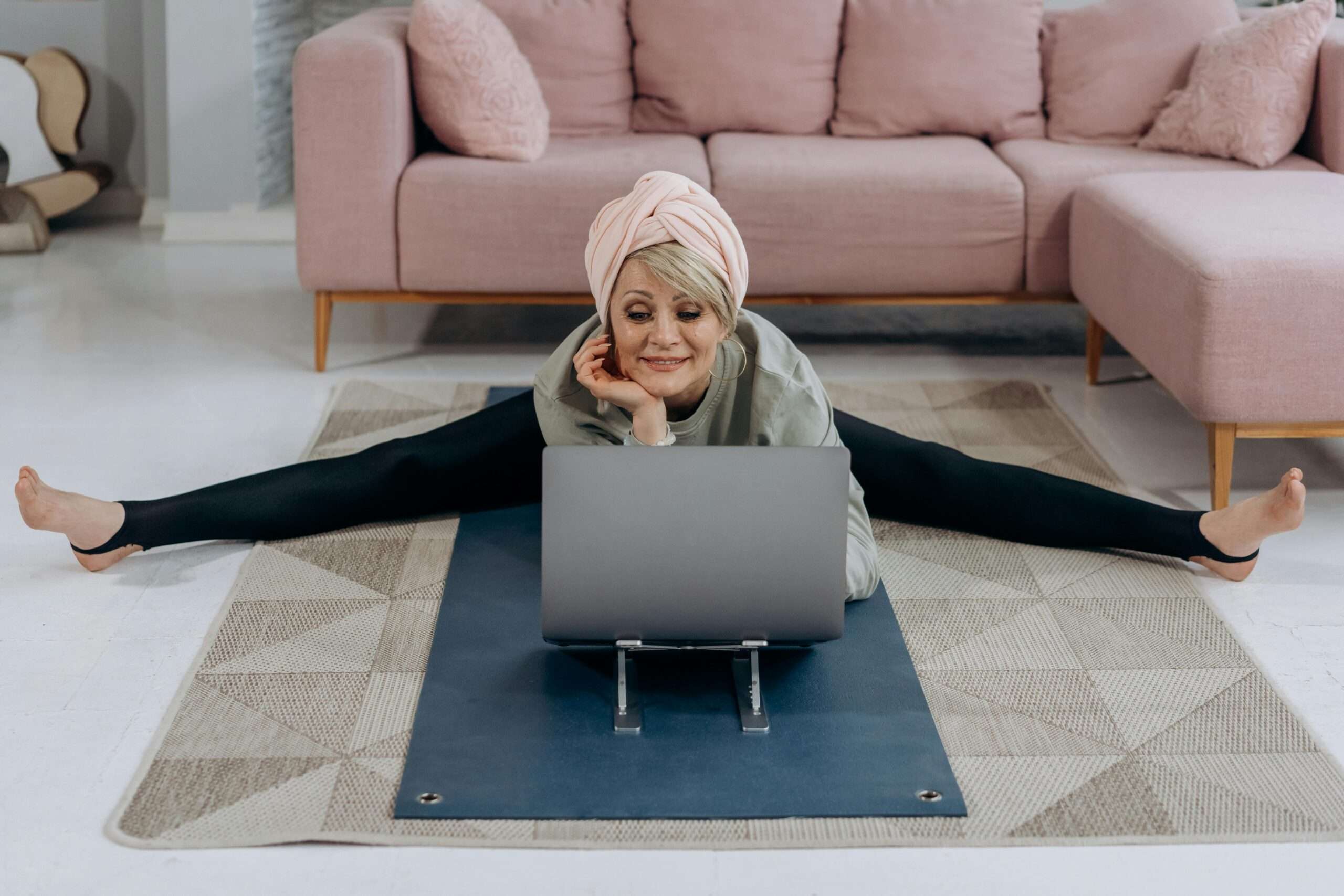Confidence is a trait many aspire to possess, as it can profoundly impact various aspects of life, from personal relationships to professional success. Building confidence is not an overnight process but a journey of self-discovery, growth, and consistent effort. Here are several strategies to help cultivate greater self-assurance.
Understanding oneself is the first step toward building confidence. Self-awareness involves recognizing both strengths and weaknesses, which allows for a realistic self-assessment. This awareness helps in setting achievable goals and celebrating small victories along the way. Reflecting on past successes, no matter how minor, can reinforce the belief in one’s abilities and potential.
Taking care of one’s physical health is another crucial factor. Regular exercise, a balanced diet, and sufficient sleep contribute to overall well-being, which in turn affects confidence. Physical activity releases endorphins, often referred to as “feel-good” hormones, which can enhance mood and energy levels. When one feels physically strong and healthy, it positively influences self-esteem.
Positive thinking plays a significant role in developing confidence. Replacing negative thoughts with positive affirmations can gradually shift one’s mindset. For instance, instead of focusing on what could go wrong, envisioning successful outcomes can make a significant difference. It’s about training the mind to see possibilities rather than limitations.
Another effective method is stepping out of the comfort zone. Trying new activities or taking on new challenges can be intimidating, but it is through these experiences that one grows. Each small success in unfamiliar territory boosts confidence, reinforcing the belief in one’s capability to handle different situations. Embracing discomfort as part of growth can lead to profound personal development.
Surrounding oneself with supportive and positive people can also enhance confidence. A strong support system provides encouragement, constructive feedback, and different perspectives. Engaging with people who uplift and believe in one’s potential creates an environment conducive to building self-assurance.
Preparation and knowledge are key components of confidence, particularly in professional or academic settings. Being well-prepared for tasks or presentations reduces anxiety and increases the likelihood of success. Continual learning and skill development contribute to a sense of competence, which is foundational to confidence.
Body language is another subtle yet powerful aspect. Standing tall, maintaining eye contact, and offering a firm handshake can convey confidence to others and, interestingly, to oneself. The mind often takes cues from the body, so adopting confident postures can lead to feeling more assured internally.
Practicing self-compassion is crucial when mistakes occur. Everyone experiences setbacks, and how one responds to them can impact confidence levels. Viewing failures as learning opportunities rather than reflections of self-worth encourages resilience. Being kind to oneself and maintaining perspective helps in bouncing back stronger.
Setting realistic goals and tracking progress can provide tangible evidence of growth. Breaking down larger goals into smaller, manageable tasks makes them less daunting and provides frequent opportunities for achievement. Each accomplished task builds momentum, reinforcing self-belief.
Lastly, visualizing success can be a powerful tool. Imagining oneself succeeding in specific scenarios can create a mental blueprint for actual performance. This technique, often used by athletes, harnesses the power of the mind to enhance confidence and improve outcomes.
In conclusion, building confidence is a multifaceted process involving self-awareness, physical health, positive thinking, stepping out of comfort zones, surrounding oneself with supportive people, preparation, confident body language, self-compassion, realistic goal-setting, and visualization. By consistently applying these strategies, one can gradually develop a more robust sense of self-assurance, positively impacting various areas of life. Confidence is not an inherent trait but a skill that can be nurtured and grown over time.






































